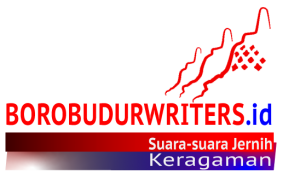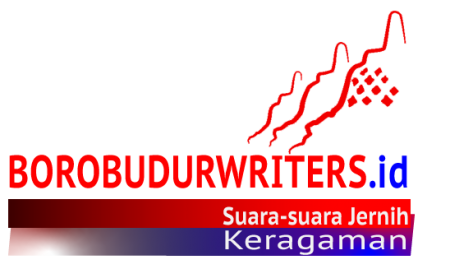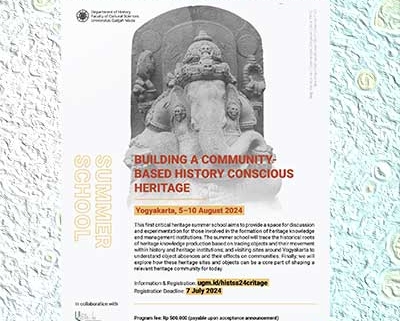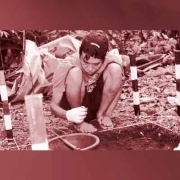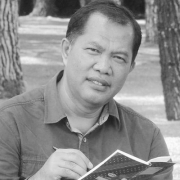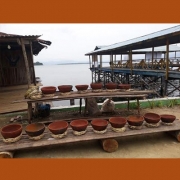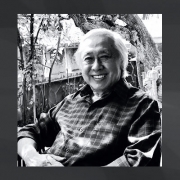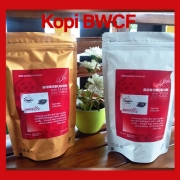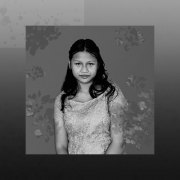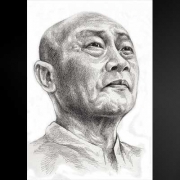Summer School : Building a Community-Based History Conscious Heritage
Building a Community-Based History Conscious Heritage
Department of History, Universitas Gadjah Mada
5-10 August 2024
About the Summer School
The return of heritage objects from the Netherlands to Indonesia over the past few years has raised major questions about the meaning of heritage objects in society. There is no doubt that museums are foreign institutions for Indonesians and that museums are only visited by school children who are required to attend. Why is tangible heritage and its institutions such as museums often perceived as alien and distant from the community? Critics of cultural heritage scholars suggest that one of the main reasons for the distance and alienation of heritage stored in museums lies in the inherent nature of museums as colonial institutions. Museums and the production of knowledge about heritage that emerged alongside colonialism and the formation of sciences such as archaeology and linguistics are based on Western ontologies that therefore contain and replicate the epistemic violence of Western colonialism.
In recent years, there have been debates about the legitimacy and legality of Asian, African and South American artefacts and historical objects in museums located in the West. Collections that were commonly looted by colonial governments when they ruled over colonial territories were part of the ontological system of colonial power and the West’s claim to a paternalistic position as stewards of world heritage. This claim is part of the epistemic violence of colonisation that erases the epistemic foundations of non-Western cultures and societies’ ownership of this heritage. The effectiveness of this Western claim stems from the assumed objectivity and universality of Western ontology – and thus its translation of heritage and historical objects as being divorced from their historical and geographical trajectories. But this claim is a form of Western knowledge in its power control strategy during the colonial era. A historical understanding of the ontological formation and production of colonial knowledge will be useful for decolonising heritage and historical objects. A decolonial awareness of heritage means understanding that heritage is not merely artefacts, buildings, monuments and steles but that there are also contestations and hierarchies of power, science and culture behind these objects.
These contestations and hierarchies did not only take place during formal colonialism, but also remain as a living legacy in contemporary societies where there are inequalities in social, cultural and knowledge production between formerly colonised countries. What decoloniality of heritage seeks to establish is the creation of a pluriversal ontology and epistemology – and the effect this has on Western-derived heritage institutions, particularly museums and research institutes/universities. Given that more and more heritage and historical objects will be returned from museums from the Netherlands to Indonesia, the question of creating heritage institutions and communities that are alive and connected to Indonesian society will become even more important.
The first critical heritage summer school organised by the Department of History, Universitas Gadjah Mada, aims to provide a space for discussion and experimentation for those involved in the formation of heritage knowledge and management institutions: this includes historians, archaeologists, museum administrators and curators, community organisations or heritage activist communities, employees of government offices that oversee heritage, traditional institutions such as the Kraton or indigenous community institutions and others. Following the studies and insights of Marieke Bloembergen and Martin Eijkhoff, the summer school will trace the historical roots of heritage knowledge production based on two things. Firstly, tracing objects and their movement within history and heritage institutions from sites in Indonesia to, for example, the Volkenkunde museum in Leiden, the Netherlands. Second, visiting sites around Yogyakarta to understand object absences and their effects on communities – as well as how local ontologies and epistemologies can be part of pluriversal heritage formation. Finally, we will explore how these heritage sites and objects can be a core part of shaping a relevant heritage community for today.
Site and Object Approach in Community Building
The approach used in the summer school is a critical historical approach using the site and object method. The site is the place and locality where the object is located – while the object is the thing that is often extracted from the site.
Yogyakarta as the centre of Javanese culture contains many heritage sites and objects that have been subjected to epistemic, institutional and spatial violence as a result of the grand project of Dutch colonialism’s knowledge production – which began as early as the establishment of the Dutch East Indies state in the early 19th century.
Participants of the summer school will receive lectures on campus and in museums as well as lectures/fieldwork at sites. Sites to be visited include religious sites, art sites, city/community sites, cultural/historical sites, Etc.
For those who interested in this summer school, please register to this link below:
Lecturers
- Prof. Marieke Bloembergen (KITLV-Leiden University)
- Prof. Kate McGregor (Melbourne University)
- Prof. Susan Legene (Vrije Universiteit Amsterdam)
- Dr. Lesley Pullen (SOAS)
- Dr. Sri Margana (Universitas Gadjah Mada)
- Dr. Daud Tanudirdjo (Universitas Gadjah Mada)
- Dr. Mikke Susanto (ISI Yogyakarta)
- Ir. Ikaputra, M.Eng., Ph.D. (Universitas Gadjah Mada)
Some reminders
- The program will be conducted in English and Bahasa Indonesia;
- Only around 30 students will be selected for this summer school;
- The fee for this program (Rp. 500.000) is payable upon acceptance announcement;
- The organizer will contact the accepted participants through the email address provided;
- The organizer will not provide accommodation (lodging) and transportation for participants.
This summer school is organized by the Department of History Faculty of Cultural Sciences Universitas Gadjah Mada in collaboration with Ullen Sentalu Museum.
—-
Last update: May 29, 2024
Image: Arca Ganesa di Candi Singosari sekitar tahun 1910 (http://hdl.handle.net/1887.1/item:697162)
